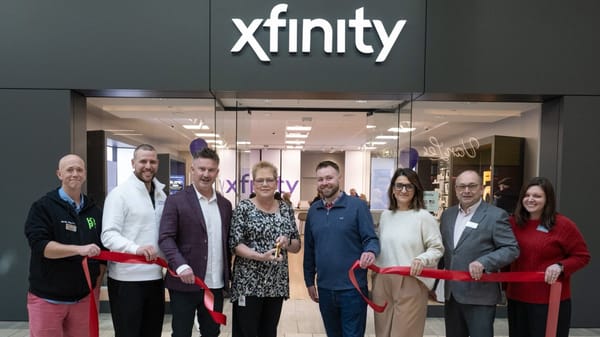Become a Volunteer for Boston CASA, Be an Advocate for Local Foster Youth
Virtual information sessions begin July 29 for those interested in joining the fall training cohort

In 2021, there were more than 9,000 children in foster care in the state of Massachusetts. And in Suffolk and Middlesex Counties, only 15% of eligible foster youth have access to the thing that 92% of judges say can make the biggest difference in how things turn out for them in the long run: a consistent adult in their life.
Boston CASA is seeking volunteers who can be that consistent, trusted adult. Court Appointed Special Advocates (CASAs) are trained adults who advocate for youth in the foster care system to ensure their needs are met.
“Foster youth navigate a world of court dates, caseworkers, and constant change — often without a single consistent adult,” said Nicole Stewart, Executive Director of Boston CASA and a former foster youth. “A CASA can be that person. We’re looking for volunteers who are ready to show up, speak up, and stand by a child when it matters most.”
Being in the foster care system sets children up for a long and difficult road:
- Only 50% graduate from high school
- Fewer than 1 in 25 earn a four-year college degree
- Nearly half experience homelessness by age 26
A CASA is assigned to a single youth or sibling group and builds trust by meeting consistently and staying involved for the duration of the case. They provide one-on-one nonjudgmental support and help youth navigate the complex maze of the legal and foster care system with only on the best interests of the child in mind. They might work with other support providers, like teachers, doctors, foster parents, attorneys, and caseworkers, advocating for essential services, educational support, healthcare access, and permanent housing to ensure the child gets what they need while navigating the system.
“The real work is done in everyday things. It’s being the adult who keeps showing up and supporting them, simply because they care.” said Chris Willis, who became a CASA after retiring from a job at IBM. “When I read these case reports, I see kids who have every reason in the world to be angry or miserable. But the kids I’ve worked with still smile and persevere,” he says. “They’re truly great kids. I wish more people understood that.”
If you can commit 18 months to working with a foster youth for 10-15 hours per week (plus 30 hours of initial training and 12 hours of ongoing education this year), attend one of the upcoming virtual training sessions to learn more about the organization, the application process, and the training required to become a CASA:
- Tuesday, July 29, 2025, 5:30-6:30 PM
- Wednesday, August 13, 2025, 5:30-6:30 PM
When a youth has a CASA, they are more likely to succeed in school, access vital services, and secure a stable, permanent home.
For thousands of children navigating the foster care system in Massachusetts, stability can be hard to come by. By becoming a CASA, you can help fill that gap — one relationship at a time.





